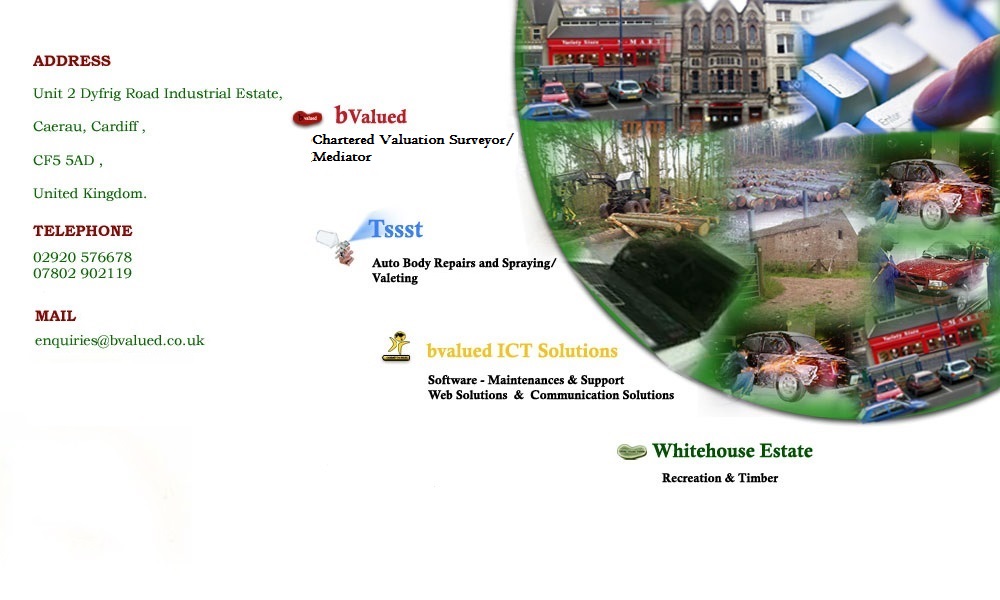|
About Us
Mediation
Litigation is expensive, time consuming and emotionally draining - the government and courts are increasingly insisting that litigants try Alternative dispute resolution (ADR) eg mediation for all sorts of disputes including property ones.
Mediation offers the participants (as advised by their advisers if any) the opportunity to resolve their dispute using the mediator as a neutral third person. The process is voluntary, confidential and without prejudice. The solution that the participants achieve through mediation will be one that is good enough for them. It may not mirror what the court might decide. It addresses your real needs, and allows you and your opponent to create your own solutions in a way that invariably cannot be done by a court.
Should a participants refuse to consider ADR then they could be penalised by the court as regards costs, even if they win their case. It is thus foolhardy not to consider such a means of resolution.
The sort of property disputes that mediation may help with are -
Boundary disputes
Rights of way
Nuisance claims eg trees, noise.
Landlord and Tenant
Professional negligence
Arthur is a qualified Mediator as well as being a Chartered Valuation Surveyor with over 40 years’ experience working with property. He is thus well suited to deal with property disputes. Though he also mediates other types of commercial and civil disputes, except work related / family disputes where children are involved.
Arthur’s profile can be seen on the Civil Mediation Council website at
https://civilmediation.org/results/?hidden_type=individual&mediator_postcode=cf5+5ad&expertise=&mediator_individual=
and on The Barrister Group's website at
https://thebarristergroup.co.uk/mediator/arthur-bletchly
Arthur’s office is in Cardiff from where he mainly covers South Wales and South West England.
Arthur has been trained to undertake facilitative mediations ie as opposed to evaluative ones. In the former scenario the mediator is non-judgemental ie proffers no legal opinion. Participants to a proposed mediation thus should ideally already have sought legal advice and be aware of the strengths and weaknesses of their case.
Prior to the mediation the participants will have instructed the mediator, including as to fees, and perhaps provided background material. The participants would normally arrange the venue ie a room where both sets of participants and the mediator can meet, and 2 further rooms where each participants can consider their position privately, perhaps with the mediator. The mediation is likely to start with an open session with all participants and the mediator present. Private Sessions may follow with the mediator shuttling between the participants trying to find common ground. Eventually there may be further open sessions as the gap is hopefully closed and an agreement between the participants forged. (Mediations can be conducted by telephone/ on line to save travelling time/ costs).
Please see my video about Mediation at https://www.youtube.com/watch?v=ddd0kkhEi_A
|

